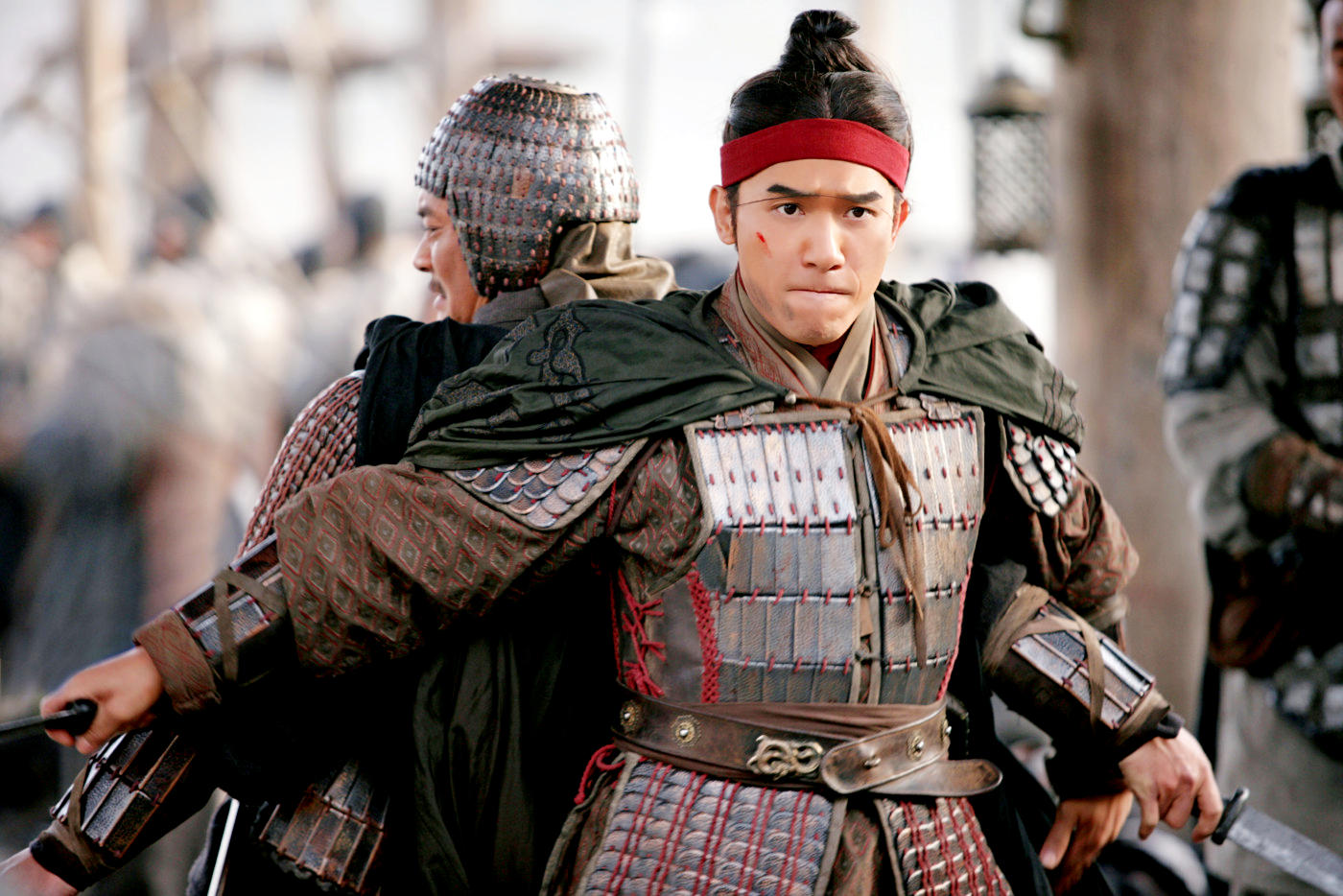Homsar Delgana arrived at the Universal Headquarters for the Patrol, a building as old--yet plain and austere--in its style as his own gray uniform. The white marble made it seem like a ground-level cloud against Terra's blue skies on clear days. A young man, a Patrol cadet, greeted him as he exited the car.
"Good morning, sir." the young man said, saluting while in his full dress black-with-silver trim uniform, "The Grand Coordinator expects you."
"Good morning, cadet." Homsar said with a smile, "Take care. This thing's an antique."
"Yes, sir. Very good, sir." The cadet got in the car and drove into the parking garage underground. Homsar chuckled as he saw the cadet struggle a bit to control the old thing, but the youth got the hang of it fast. Homsar resolved to send a note of appreciation to his commander after this.
Homsar entered the building, saluting the Patrolman on sentry duty. "Homsar Delgana, Unattached. The Grand Coorindator expects me."
The young Patrolman stood ready with a blaster and wore a personal screen over his full dress uniform. He stood there a moment, and Homsar knew that the man had sent word telepathically, as per protocol. Homsar felt the remove presence of the man he came to see, and knew what the Patrolman would say next.
"You may pass, Homsar Delgana. Have a nice day." he said, and the Patrolman took his hand off his weapon to unbar the way.
Homsar passed through the ground floor lobby to where the lifts to various levels went. No doors or cars were part of this system for centuries now, as the lift shafts themselves were open. Homsar turned on his personal inertialess drive, reached inside for one of the handles and pulled himself in and up. Up and up and he went until he reached the top floor a couple of minutes later. He stood at the top doorway for a moment, and then switched off his drive- a habit of his space-faring profession, even when velocities are so low as in personal travel over short distances under controlled conditions.
Homsar threw his announcement ahead telepathically, so the secretary at the door just smiled at him as he entered the room. Homsar remembered to give that girl another date soon as he passed her, smiling at nodding at her, and then he entered his superior's office.
"Homsar Delgana, Unattached, reporting as requested." Homsar saluted and stood at attention.
His superior rose from his desk, itself just off-center of a room design that better resembled a Command Center than an administrative office. The man was white-haired, yet still in fighting shape, and wore the same plain and austere gray uniform.
"At ease, Lensman." the man said, "This conversation is under Seal."
Homsar relaxed into parade rest, and switched from speaking to thinking as a Sealed conversation required.
"I presume this is about my report, sir." Homsar said.
"My sisters and I took to your report with great interest. Complete, concise, comprehensive- and concerning."
"And my proposal?"
The room's screens turned into a series of detailed maps of the galaxies of Civilization. "Your review of the actions leading up to the fall of Boskone, and then the subsequent measures to mop-up the remnants, in like of the position that the Arisians found themselves in prompted Mentor to visit us for the first time in years."
"Openly so?"
"For us, and our immediate counsel, yes. You were away at the time, as were the others I've decided to invite to participate in this operation."
The Grand Coordinator pointed to the screens. "While we reviewed and discussed your report, the stellar cartography scout reports came in. The results for the five galaxies closest to Civilization are on the screens."
Homsar looked at the screens. While it was well-known that the Second Galaxy had uncanny similarities to the Milky Way, most dismissed it as anomalous. But what Homsar saw did not allow for random chance; each of the five galaxies before him were nothing more than variations of the Milky Way.
"Sir, this is not accidental." Homsar said, "Furthermore, this means that the conditions that produced Boskone and Civilization alike exist in each of these near-identical clones of our own galaxy."
"You're correct, Homsar. The scouts, those that survived, did find threats in each galaxy compatible to Boskone."
"Yet we are not expanding the Patrol to confront any of them."
"Not directly." the Grand Coordinator walked up to Homsar and clapped him on the shoulder, "But you're up for the job. I want you to become Galactic Coordinator for one of these five galaxies. Your primary task will be the Mentor to their civilized peoples, and in that way you will be responsible for expanding Civilization- and with it, the Patrol. What do you say?"
Homsar smiled. "Challenge accepted, sir! Just let me read the scouting reports, pick one, and I'll get to work."
"Good. When you and the other four are ready, the five of you will report to Arisia. You're going to need to be Second-Stage Stable to pull this off."
"When do the others get here?"
"They're waiting for you in the War Room."
* * * * *
"Welcome to P-Galaxy Headquarters, Coordinator." a young Patrol officer said to Homsar, "We're at the optimum range for telepathic communication with the other galaxies. Where do we start?"
Homsar looked at a picture of a pyramid-like building with the middle missing. "Here, Lieutenant. The core of our galaxy's corps has to have men like the ones reported at this laboratory. I also want a full investigation of this 'photon' power that they've got here, and see how it compares to something out of G-Galaxy."
 Let's talk about the problem that Lucasfilm has with Darth Vader.
Let's talk about the problem that Lucasfilm has with Darth Vader. Personal blasters I model on rimfire-chambered pistols and rifles. Duke Far's sidearm, in particular, is modeled on a Ruger Mk.IV Target model like this one
Personal blasters I model on rimfire-chambered pistols and rifles. Duke Far's sidearm, in particular, is modeled on a Ruger Mk.IV Target model like this one 
